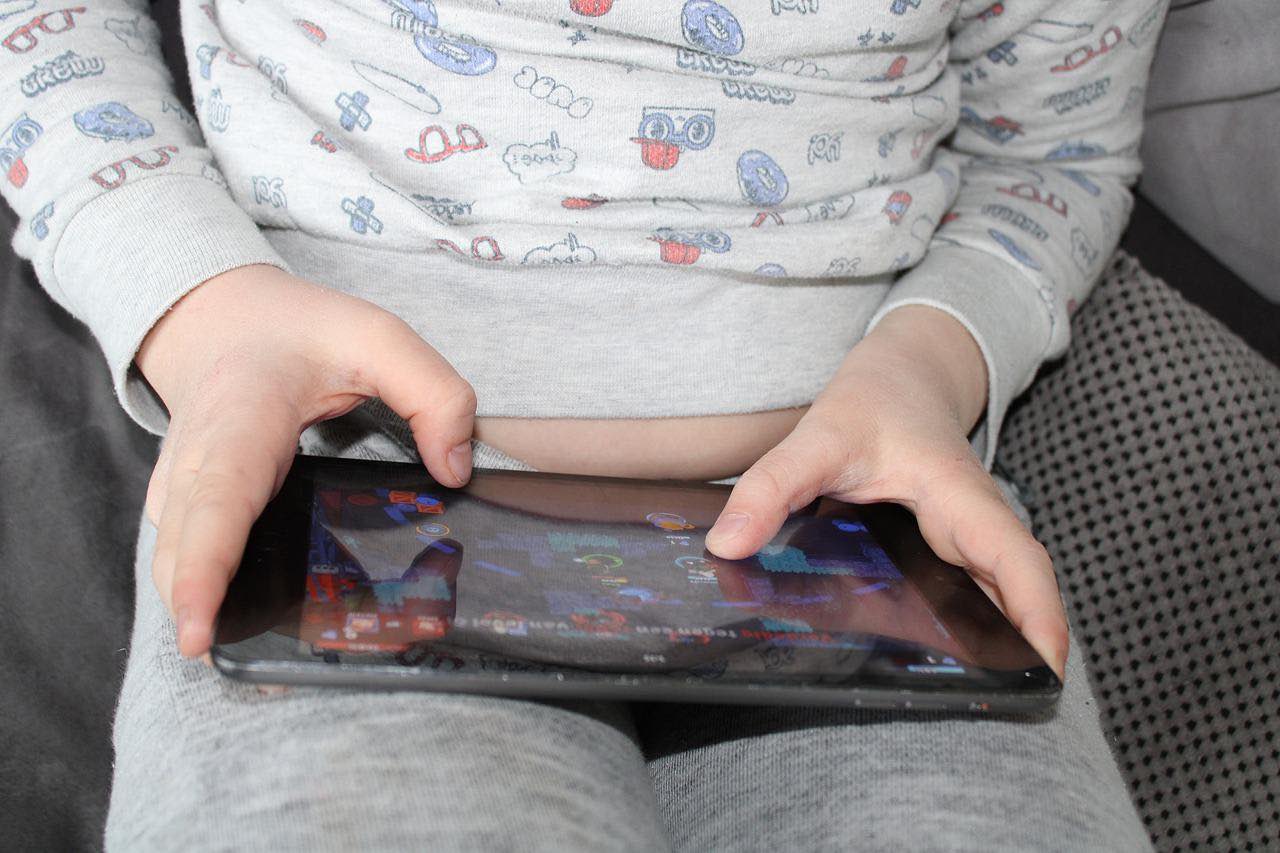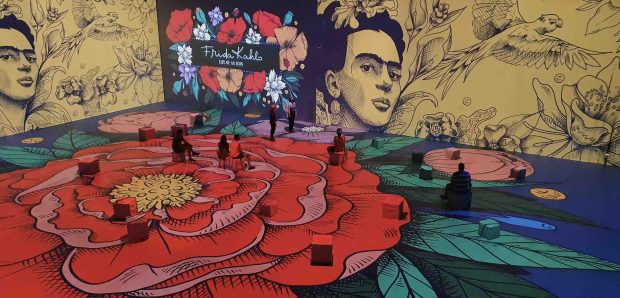Kindergarten welcomes students to the world of education; it inaugurates their arrival into an education system that would prepare them for the future. A child attends kindergarten in the formative and impressionable years. This stage builds a robust foundation for the child’s success in the years to come. Some of the best private schools in Singapore adopt value-based education and modern teaching methods in their Kindergarten class.
This development period is crucial for children aged three to five. A good kindergarten in Singapore will actively develop a child’s literacy, social, and self-esteem skills. At the end of kindergarten in Singapore, a child will have undergone the following development:
Literacy and language
These are essential communication skills developed in reading, talking, writing, and listening. The main focus is on literacy in the early learning stages, especially in kindergarten, because literacy skills are indispensable. Students learn to read as kids and continue to follow that for the rest of their lives.
Social development
It comprises how a child relates to others and interacts with them. Social development is about making friends, working cooperatively, solving fights, and other skills. Many facets of kindergarten classroom activity are designed to develop social skills and help kids get along with one another.
Physical development
Kindergarten curriculum focuses on developing children’s considerable motor skills, which encompasses the movement of arms and legs, use of fingers and hands, and development of fine motor skills. Playing games, outdoor physical activities, puzzles, drawing, and other in-class activities aid the physical development of children.
Emotional development
Kindergarten teachers in Singapore help children recognize and manage their feelings, talk about issues, show concern and express their emotions. They are also taught emotional regulation, which is the ability to manage their behavior and feelings.
Cognitive and thought development
Students must develop critical thinking, problem-solving, and decision-making skills. Children are encouraged to research, investigate, observe, question, and find solutions.
For the above holistic development of a child, kindergarten ensures that your child learns the following ten special skills:
Reading
The fundamentals of reading are sown in kindergarten. In this development stage, kids learn to recite the alphabet, identify rhyming words, read their names, and identify a few or all alphabet letters. Although they are not so fluent in reading and pronunciation, they start small and learn gradually.
Counting
Children in kindergarten learn to count to 100. They start by relying on visual objects in the classroom to know what counting entails. They learn to recognize and write numbers in print as they progress. By the end of kindergarten, children ideally know number names, compare numbers, read the calendar, know the count sequence from one to 100 and count objects.
Math Skills
Since kindergarteners start with the basics of math, which is counting, and gradually move on to other fundamentals in math, such as simple addition and subtraction. The idea is to make the kids understand how to take apart and put together numbers up to ten. They solve this fundamental math problem using pictures and toys in the classroom. They also learn how to sort, classify and categorize objects based on size, color, and material.
Kindergarten teachers introduce children to the concept of comparison so they can compare different objects based on size, height, and weight. They learn directional words like in front of, under, above, besides, next to, behind, below, etc. Also, they start learning geometry fundamentals in kindergarten by identifying three-dimensional and two-dimensional shapes such as circles, triangles, cubes, rectangles, cones, cylinders, and spheres.
Healthy Habits
Kindergartens in Singapore teach kids to follow healthy lifestyle habits. They learn life essentials such as the importance of drinking plenty of water, eating clean and healthy food, brushing teeth and maintaining oral hygiene, washing hands before meals, good hygiene habits, sleeping on time, covering their mouth when coughing or sneezing, and staying fit.
Teamwork
Kids in kindergartens start to understand more about teamwork and that it has way more to do than just playing with a few friends. They learn to cooperate, work in harmony to achieve set goals, and realize teamwork can make a dream work. The teacher introduces team-building activities like puzzles to build successful interpersonal relationships and strong foundations.
Early stage Social Studies
Kindergarteners are not just curious about themselves but also want to learn about their surroundings, the community, and other things. It’s necessary to teach them crucial aspects of the world, economics, local history, and cultural traditions.
In kindergarten, your child learns things like the family structure, roles performed by a different family, and their role in the family. They learn about important community figures like firefighters, health practitioners, farmers, and police officers.
Science
The basics of science are taught in a very captivating and exciting way, making it appealing to kids to learn about the earth, life, and physical sciences. Observation or graphics are essentially used to teach these lessons. A slightly advanced science class covers food and nutrition, types of animals and their characteristics, the difference between living and non-living things, environment, and energy sources; they observe, explore, and question the world around them.
Writing
Parents point out words and letters to toddlers before kindergarten, but the concept of writing is implemented here. Young students attending kindergarten in Singapore spend a decent amount of their learning to write the alphabet. They learn to write in uppercase, lowercase, and uppercase and even connect alphabets to form words.
Thinking and Cognitive Skills
The kindergarten environment inspires kids to discover, perceive, record, and question the concepts around them. Kindergarten provides an ideal platform for playful learning, and kids learn a lot; games catalyze their ability to think. These include stacking and building games, simple board games, guessing riddles, memory games, jigsaw puzzles, mental math, etc. All these sharpen the child’s thinking capacity.
Classroom Behavior
For most kindergarteners, it is their first school setting where they learn how to behave in a classroom. They sit in their allocated spots, stay quiet when the teacher speaks, use words like please and thank you and interact respectfully with fellow students. Here is where they get well-versed in classroom etiquette.
Thus, kindergarten is the perfect place for kids to develop social, emotional, literacy, cognitive, and problem-solving skills.








